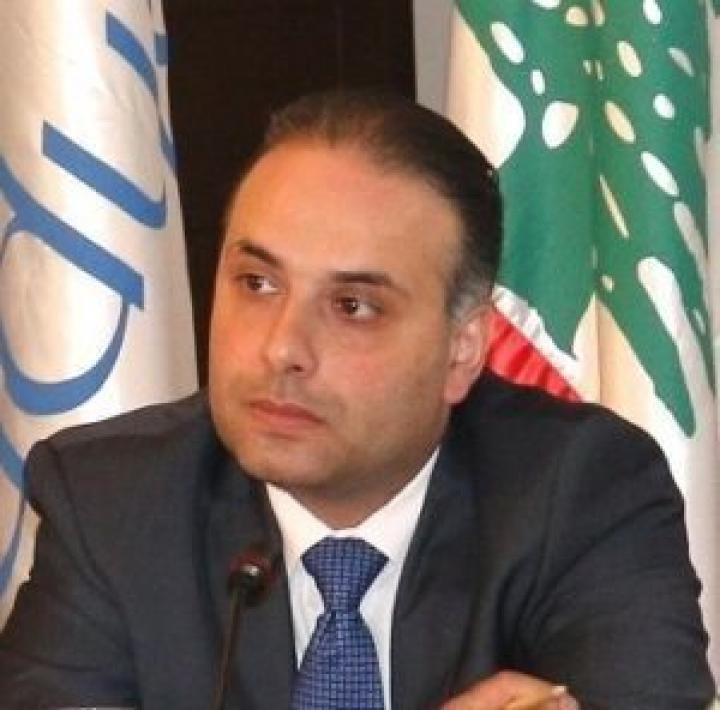Ziad El Sayegh on from symptoms to root causes

From symptoms to root causes, from interests to ethics: a call to the Church
Today’s world crisis is beyond a pandemic or global inequality – it is a disintegration crisis. We see this in the rise of nationalism, xenophobia and racism in many countries over the last several years. We see signs of disintegration in the U.S. in relationship to the COVID-19 response and distrust of social institutions. Or consider Lebanon and Syria, the region where I live, great historical centers of culture. Twelve million Syrian refugees are now displaced, half in neighboring countries and half in Europe. In 2011 Syria was progressing quickly. But the country has collapsed, set back by 50 years. And for the first time in 100 years, Lebanese people are becoming poorer and poorer.
Yet here is the sad truth: in the face of these crises of disintegration, in too many places, there has been but a whisper from the church. It is time for the church to find its faithful presence in the public square in three ways – by moving from interests to ethics, from symptoms to root causes, and from internal conflict to renewal.
The UN is an assembly of nations, and these nations pursue their national interests above all. But what countries today take ethics seriously in shaping policy? Are they voices of conflict, or of neighborly love and peace beyond national and political interests? For faith-based organizations grounded in the story of God, whose daily experience with suffering people on the ground is so different from political people, platforms should be based on ethics. The church is called to see a horizon far beyond what the UN is able to see, and to speak to greater things and higher standards. I believe the key pillar to move from interests to ethics in the political realm is to develop a “church diplomacy” approach whereby common interests are based on common values shaped by the gifts of the Holy Spirit – love, peace, kindness, justice, good governance, and healthy diversity and mutuality.
Second, how does the church not only have a prophetic voice, but engage in proactive solutions to address root causes of crises, rather than only symptoms? In response to crises, the UN mostly reacts as a humanitarian vehicle, such as providing major relief resources for refugees. Yet as important as this is, this is a response to symptoms and does not address the disintegration crisis that plagues our world. In Syria, for example, the root cause of disintegration is not neglect of refugees, but political and social conflict, and conflict is also at the root of the refugee crisis in the world. Similarly, faith-based agencies and churches are primarily involved with relief issues such as ensuring food and water reaches suffering people. Yet only sustainable peace will address problems of disintegration, rather than simply relying on financial and relief aid. Our approaches need to be focused on proactive justice, not reactionary relief.
Third, while putting politicians under clear responsibility, we must do the same with the church’s leaders. The heart of the world’s disintegration crisis includes conflicts between and inside of religions and sects, and religion always plays a role in the conflicts. In many cases churches cannot even unite themselves to speak truthfully to their governments. How can we bring churches together to find a common mission and language amid differences?
We in the church may seem small compared to the powerful nations of the world. But we have a unique vision to offer in this time of disintegration. The world does not need more slogans and statements from the church. It is time to create a platform for church diplomacy, whereby Christian groups organize together to influence political policy based on approaches which move from interests to ethics, from symptoms to root causes, from division to renewal. We must start with our internal home and raise up an ethical voice and presence within the global public square.
Mr. Ziad El Sayegh is an expert in public policies and refugees. Based in Lebanon, he has worked in global policymaking and with various church bodies as well, including in partnership with MCC. He has published policy papers and articles and delivered lectures on public policies, refugees, human security, Christian – Muslim dialogue, inclusive citizenship and religious freedom. This article is based on Ziad’s presentation at the 2020 MCC UN Student Seminar.

